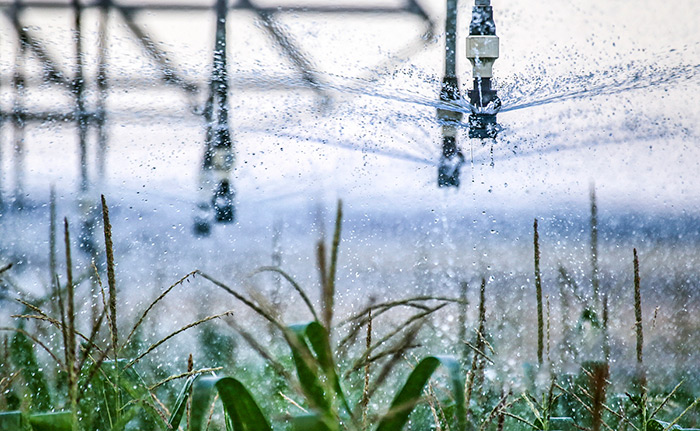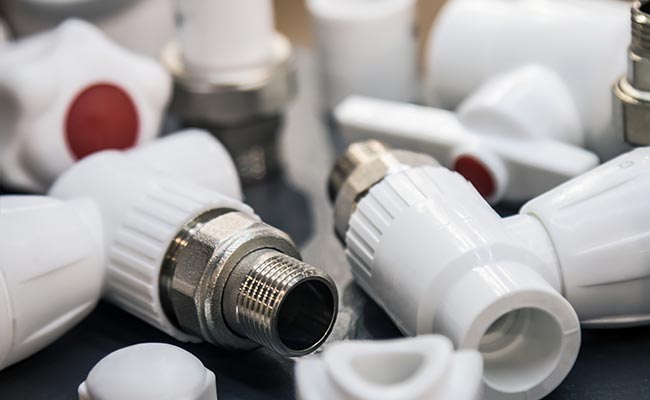The many advantages of PVC ball valves make them an excellent choice for a variety of applications. There are certain factors to consider when deciding to buy a ball valve, especially a PVC ball valve. While PVC is able to withstand a variety of conditions, the proper match between the valve and the application is very important when selecting a PVC ball valve.
PVC ball valve selection
hole design
While the two-way form of PVC valves is the most common, there are other hole designs that can help improve application efficiency. Three-way bore designs include T-port and L-port configurations for applications where fluid flow is mixed, distributed, and diverted. These hole designs are very helpful for many fluids and different types of flow.
understanding of media
One of the reasons for the development of PVC ball valves in the 1950s was media that required special handling. PVC ball valves are suitable for corrosive media such as salt water, acids, alkalis, salt solutions and organic solvents, which can damage other materials. Understanding the characteristics of the medium is an important aspect of the selection process.
Temperature Coefficient
Temperature is a major factor in many manufacturing applications and must be carefully considered when selecting a PVC ball valve. The chemical structure of the PVC material is a guiding factor when choosing a PVC ball valve, as PVC is prone to degrade and change under certain conditions.
stress effects
Much like temperature, pressure can strongly affect the suitability of a PVC ball valve for an application. In this case, the structure of the PVC may also be the deciding factor.
in conclusion
A PVC or polyvinyl chloride ball valve is a plastic on-off valve with a swivel ball with a hole that stops the flow of media by turning the ball a quarter turn.
The core of the PVC ball valve is a rotating ball, called a rotating ball. The stem at the top of the ball is the mechanism that turns the ball, which can be done manually or automatically, depending on the design of the valve.
Different types of PVC ball valves are designed to meet specific applications. They are categorized by number of ports, seat type, body assembly, ball passages and bore size.
The basic material of PVC ball valve is polyvinyl chloride, which is a vinyl resin. The term PVC refers to different PVC materials with different strengths, properties and properties.
The normal use of PVC ball valves is to cut off or connect media in pipelines and for fluid control and regulation.
Post time: Sep-29-2022









